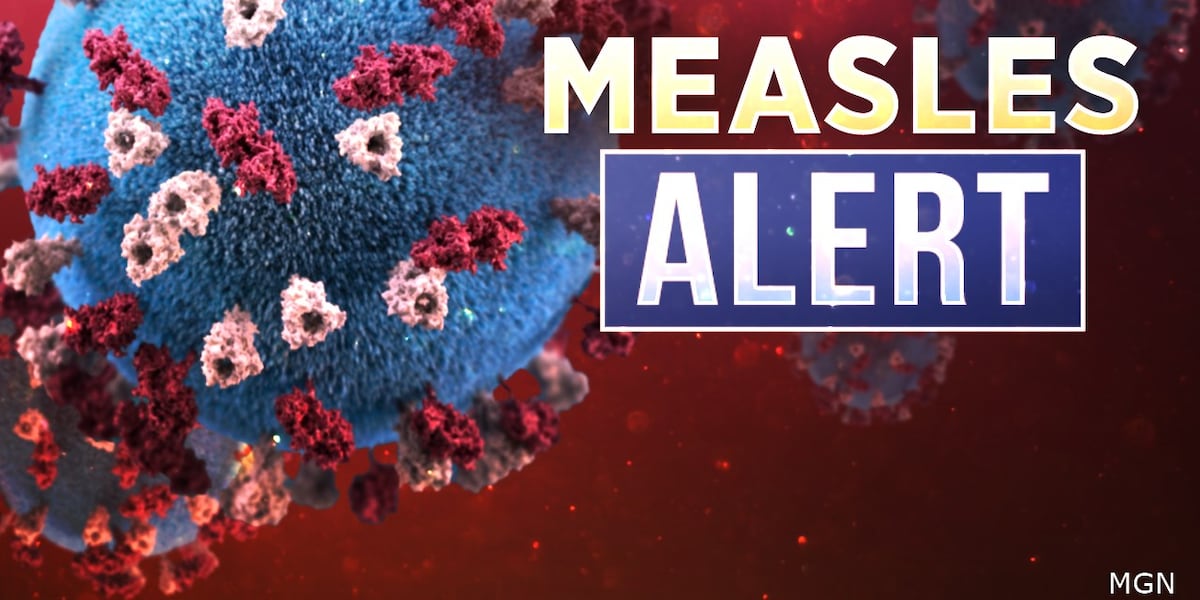Measles Outbreak Alert: Kentucky Confirms Second Infection, Health Experts Warn

Kentucky health authorities have confirmed a second measles case this year, raising concerns about potential disease spread in the state. The Kentucky Department for Public Health revealed the latest infection, prompting local health officials to heighten surveillance and public awareness about the highly contagious viral disease.
Measles remains a serious public health concern, with health experts urging residents to ensure they are up-to-date on vaccinations. The emergence of a second case underscores the importance of maintaining high immunization rates to prevent potential outbreaks and protect vulnerable populations.
Health officials are currently investigating the source of the infection and tracking potential exposure sites to minimize further transmission. Residents are advised to contact their healthcare providers if they suspect any symptoms or have concerns about potential exposure.
